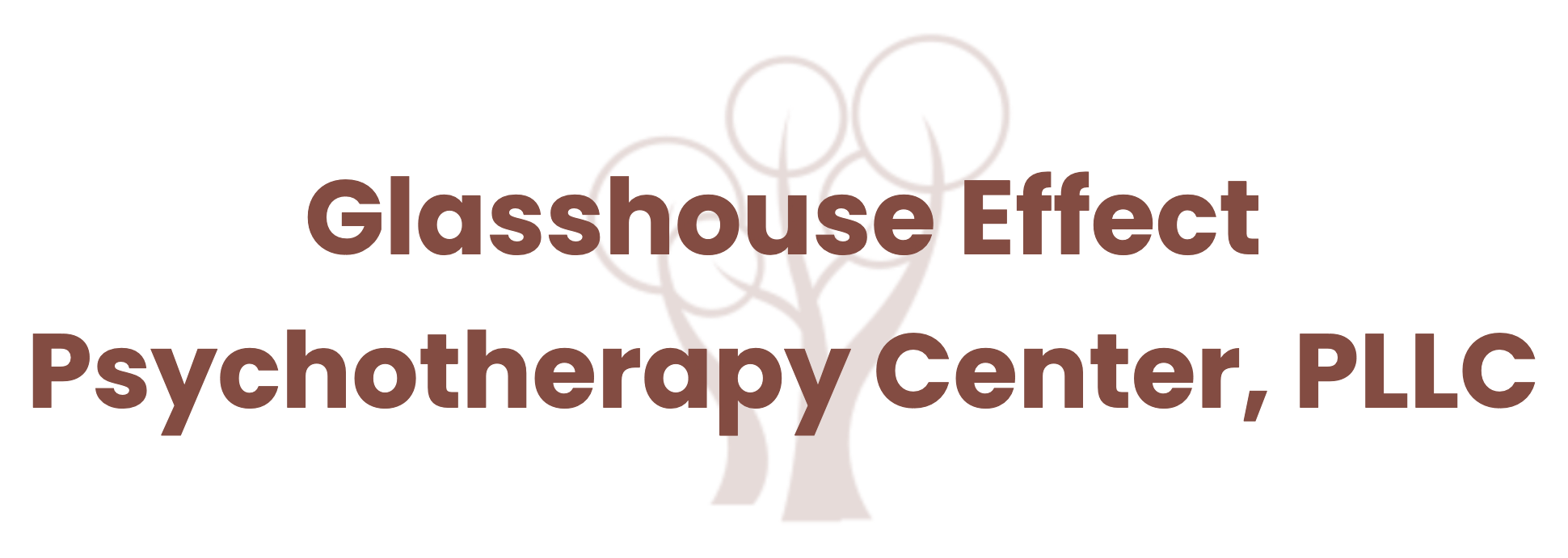Brainspotting
Brainspotting is a type of therapy designed to help clients process and overcome trauma, pain, and negative emotions, as well as psychologically induced physical pain. Brainspotting was developed through David Grand’s work with trauma survivors and many mental health providers have begun using the approach as it has proved to be an effective form of treatment for a variety of mental health issues.
According to David Grand, the direction that people look can affect the way they feel. During brainspotting, providers help clients position their eyes in ways that allow them to spot sources of negative emotions. Using a pointer, trained brainspotting therapists will guide the eyes of clients across their field of vision to find “brainspots”. “Brainspots” refer to a specific position that activates painful emotions or traumatic memories.
There has long been evidence that trauma is stored in the body and that it rewires the brain. Trauma has proven to have an effect on emotions, memory, and physical health. The intention of brainspotting is to activate the body’s ability to self-heal.
A therapist may attempt to access both physical and emotional locations of negative emotions through therapy, but brainspotting therapists utilize a method referred to as “dual attunement”. “Dual attunement” entails the therapist simultaneously attuning to the therapeutic relationship as well as the brain-body response of the client. Some evidence has shown that brainspotting primarily targets the limbic system- a collection of brain structures that influence long-term memory, cognition, impulse control, motivation, emotions, and more.
Brainspotting attempts to help those in therapy reprocess negative events and retrain emotional reactions. It has been shown to assist in injury recovery and treat inattention, stress, or low motivation. Brainspotting has been shown to be an effective treatment method for those experiencing all forms of trauma, anxiety, ADD, phobias, substance abuse, impulse control issues, and more.

